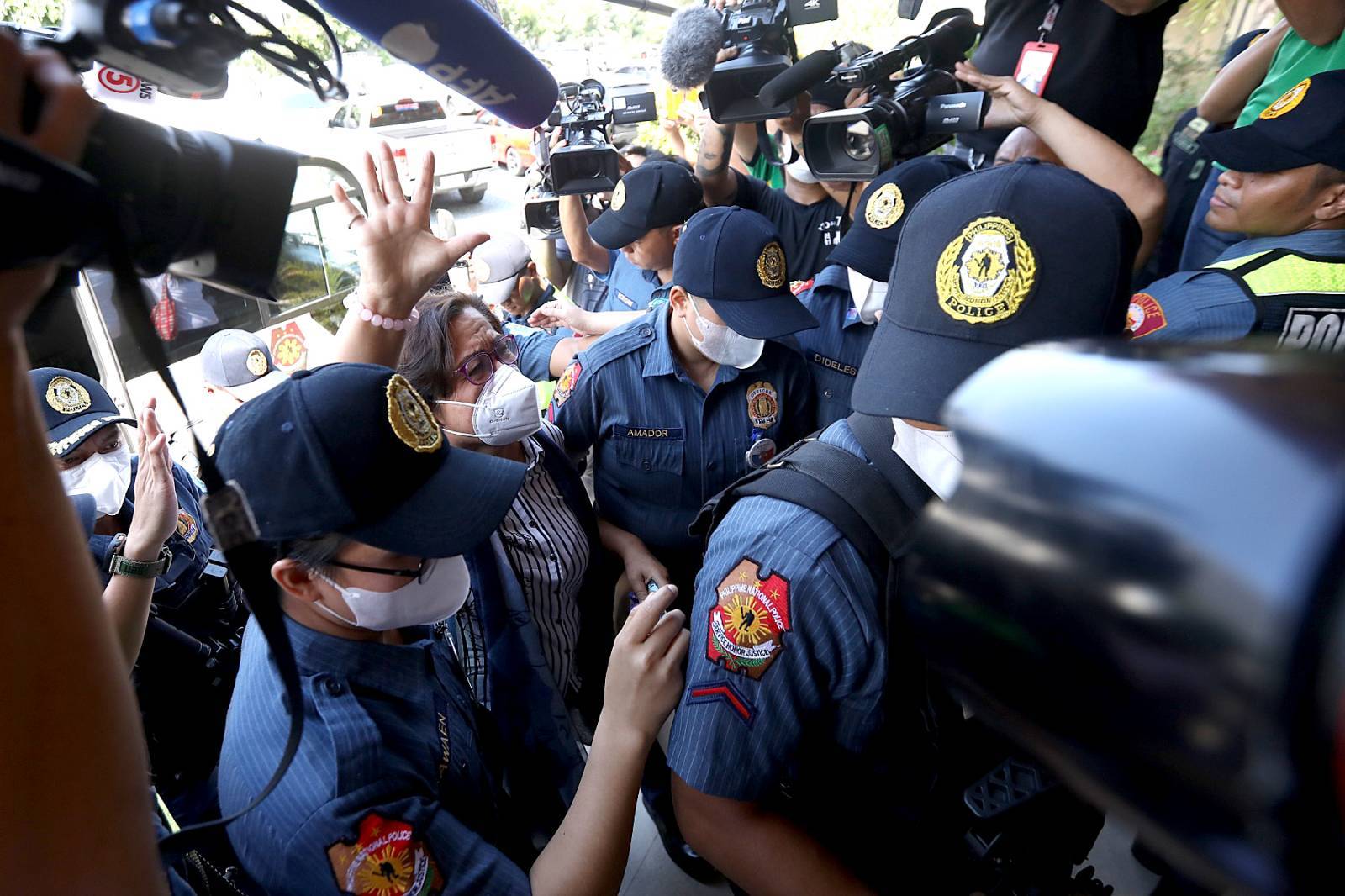News
DOJ asks new judge in De Lima case to inhibit

Alcantara has previously acquitted De Lima in her second drug case. (PNA photo by Yancy Lim)
MANILA – Government lawyers have asked the Muntinlupa regional trial court (RTC) judge handling the third drug case against former senator Leila de Lima to inhibit himself from hearing the case “to erase any doubt of impartiality.”
In a motion dated July 5, the DOJ prosecution panel asked judge Abraham Joseph B. Alcantara of the Muntinlupa RTC Branch 204 to recuse himself “to maintain and preserve the trust and faith of the party-litigants.”
Alcantara has previously acquitted De Lima in her second drug case.
“Having adversely decided against the people in the previous Criminal Case No. 17-165, the undersigned Panel of Prosecutors cannot help but be apprehensive that the Honorable Presiding Judge will carry over his perceptions to the instant case,” the state prosecutors said.
“Thus, to erase any doubt as to the impartiality of the Honorable Presiding Judge as well as to remove any impression that he will similarly decide on the instant case in favor of the accused, the prosecution most respectfully moves that the Honorable Presiding Judge voluntarily inhibit himself from hearing the instant case,” they added.
De Lima’s third drug case was previously assigned to the Muntinlupa RTC Branch 256 but the judge there, Romeo Buenaventura, voluntary inhibited himself upon the motion of the co-accused in the case namely: former Bureau of Corrections chief Jesus B. Bucayu and De Lima’s erstwhile bodyguards Ronnie Dayan and Joenel Sanchez.
Buenaventura’s recusal in the case was sought by the accused after the magistrate turned down De Lima’s temporary release on bail.
In a media briefing, Justice Secretary Jesus Crispin Remulla said state prosecutors will continue to have a free hand in how to handle the remaining case against De Lima which involved allegations that she tolerated illegal drug trade inside the New Bilibid Prison (NBP) when she was secretary of justice and had jurisdiction over the Bureau of Corrections (Bucor).
“We cannot direct them one way or the other kasi (because) that direction was set already before. So, it’s their own volition that they are doing this. We have to respect it as part of institutional continuity. It can work, it may not work. that’s how lawyers think. We just respect the process right now,” Remulla said.





















